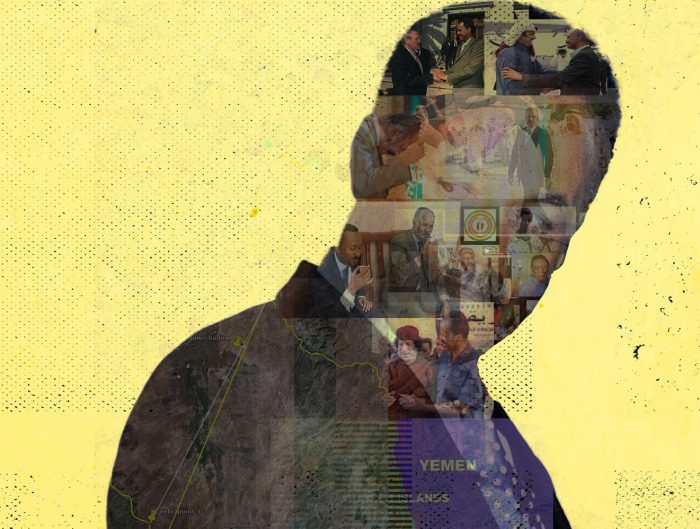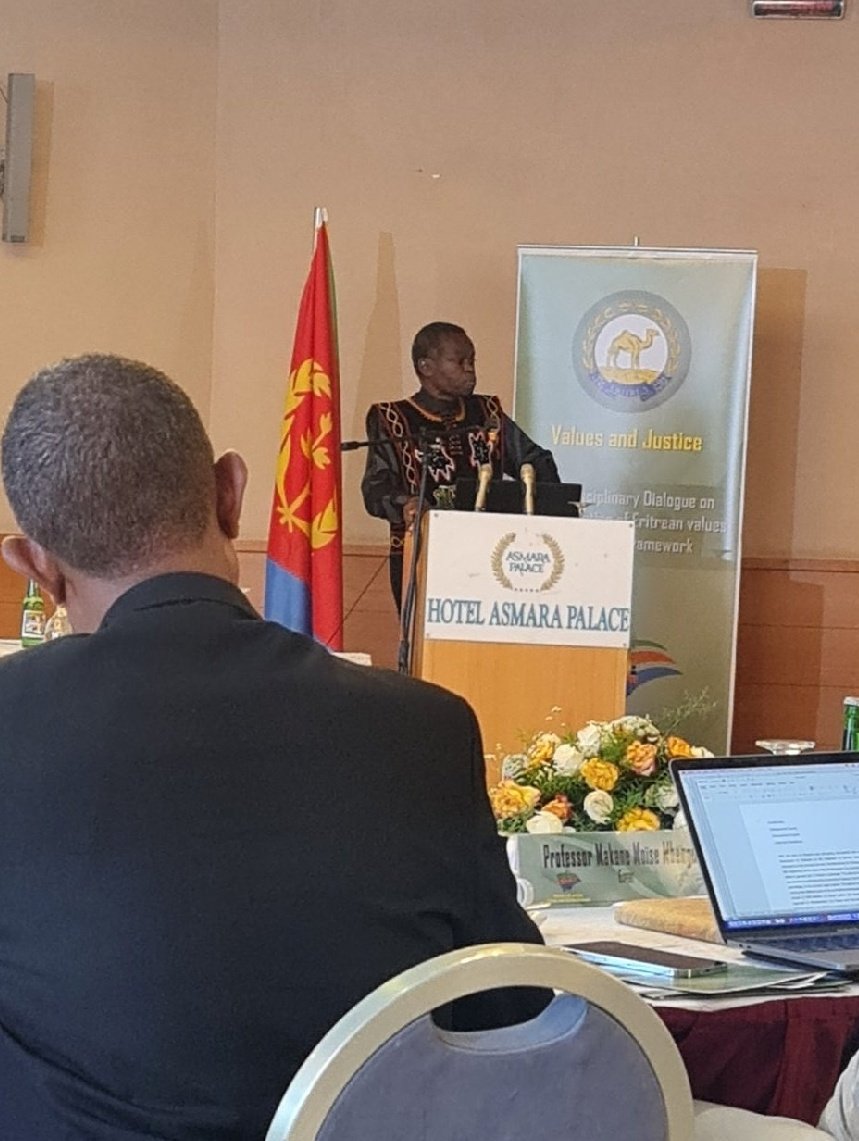The job duty of a foreign mission anywhere in the world is this: to represent the interest of their country to the host country. This requires meeting with government officials of the host country, i.e., diplomacy; meeting with the non-governmental sector of the host country, i.e., public diplomacy; and helping fellow compatriots in the host country, i.e., consular service. The government of Eritrea often brags that it has 28 embassies and 19 consulates abroad and, on the face of it, this is not too far off from countries its size. The problem is this: Eritrean embassies and consulates have redefined their job to focus on one and one thing only: to spy on Eritreans. Consequently, to the disappointment of the seasonal “let’s engage Eritrea” busybodies, Eritrean diplomacy has to, and always will, fail.
If one wants to test out the theory that “personnel is policy”, one needs look no further than the individuals picked by the Government of Eritrea to be the heads of mission. These are not people who are noted for their charm or powers of persuasion but their unquestioned loyalty and high degree of “yes-sir”ism. Whether it is Eritrea’s Ambassador to France, Hanna Simon, who told us that why her sister Ruth Simon was in prison is not her business; or, Eritrea’s ambassador to Kenya, Beyene Russom, who has nothing to say about the mother of his children (whom he had a hand in imprisoning), and her brother, made to disappear for over a decade; or, Eritrea’s Ambassador to Japan, Estifanos Afwerki, whose idea of diplomacy is tweeting all day about the greatness of Isaias Afwerki, and name-calling his compatriots. Pick anyone: Mohammed Ali Jabra, Mohammed Omar Mahmud, Yohannes Teklemichael, etc, etc: it is one long miserable lot.
So, what is it that they do all day? Their primary task is to re-create the Eritrean dictatorship in the Diaspora. How do they do that? Their spy seven days a week on Eritreans and report on who said what in the paltalk rooms; who did not pay the 2% tax imposed by the government on Eritreans who reside in the Diaspora; who attended a meeting organized by the opposition.
This is then reported via the PFDJ Political Office to the security apparatus in Eritrea who take punitive measures against their families inside the country. These include some vague but ominous warning that the family should keep their exiled family member in check; revoking their business license, or even denying the ration of lentil or bread from the government-subsidized “fair store”, Dukan hidri.
So, technically, Eritreans in diaspora are still living under the shadows of the PFDJ’s proxy prisons. The prisons are virtual replica of Adi Abeto, Ala, Aderser etc. The virtual prisons are administrated by the heads of PFDJ mission. The crime list is similar to that of the crime list in Eritrea which include: saying unflattering things about the president; withholding money from the embassy–and this is not just the 2% tax but the myriad of resolutions passed, including tree-planting, orphan-raising, or “rebuffing” Weyane (17 years after the war with Ethiopia ended); sending remittances to family members via Hawala (not using government channels); attending any meeting organized by ‘Weytotat’ (opposition.) Moreover the line of report of the virtual prisons in diaspora is exactly like those in Eritrea. Nothing has due process in law or is presented in written statements.
Everything is verbal. The head of the mission will call Yemane Gebreab’s office and say “So-and-so has not paid the 2%… his father, so-and-so, resides in zone x, sub-zone y and based on revolutionary directive, it is best if a measure is taken against him. Victory to the masses!”
The crimes the government of Eritrea commits on a daily basis may, according to the UN’s Human Rights Council (HRC), amount to crimes against humanity. These crimes are enslavement; imprisonment/severe deprivation of physical liberty; enforced disappearances; torture; persecution; rape and murder. On all of these, some ordinary Eritreans and government officials may credibly claim that they have no knowledge about them. But on one of them, reprisals against third parties, neither the embassy staff nor those ordinary Eritreans in the Diaspora who “fulfill their national duty” under extreme duress can pretend not to know. They are part of the conspiracy of silence. There are foreign “experts” who actually believe lies told with a straight face to them (lying is a form of patriotism, according to the ruling party) which is only a reflection of the foreigners’ naivete.
The diplomacy of the Gov of Eritrea fails because it is designed to fail. It is inward-looking and focused on expanding the domain of the police state of Eritrea outside Eritrea. This is why, in 26 years, there hasn’t been a single diplomatic breakthrough, no deals or treaties, no direct investment, not a single improvement in the country’s relationship with another country except at the very basic level. Somalia, which is barely picking itself up as a country, has 34 embassies and 8 consulates abroad and all its activities are in winning support for its cause–from foreigners and Somali’s alike. Unfortunately, in the same length of time, none of Eritrea’s opposition or civil society has made any progress in stepping into the vacuum and representing the interests of the Eritrean people. This needs to be acknowledged and corrected.





Leave A Reply